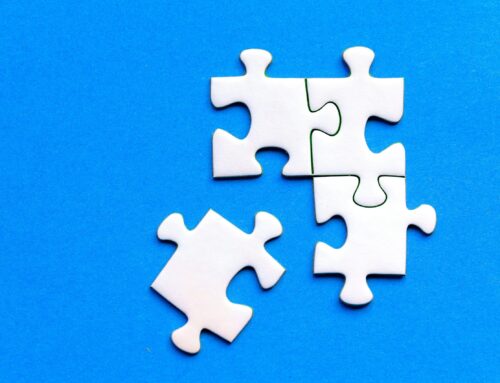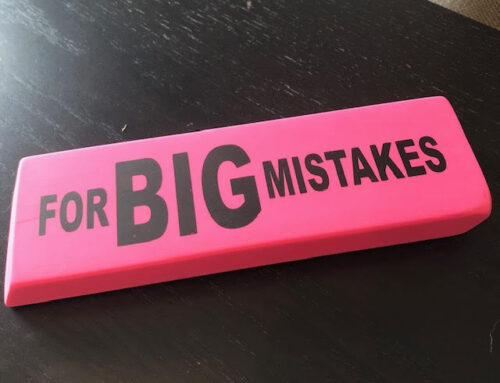Distractions are one of the biggest barriers to a productive day. Even being on a plane, once considered the pinnacle of distraction-free time, now comes with WiFi access and an opportunity to scroll – and squander – precious focus time.
Most of us will agree we need to avoid distractions and manage interruptions if we want to be productive and achieve our goals.
But this is easier said than done. We are human after all. And resisting incoming messages is about as impossible as eating a single chip.
Do you struggle with balancing your need to be responsive with your (equally important) need to protect focus time in your day? Remember: your great work requires focus and attention. It’s important to build this time into your day – and protect it as you would any other meeting or appointment in your calendar.
Here are three strategies you can use to help you avoid slipping down the spiral of distraction. I encourage you to use some or all these strategies. The more you embrace, the greater your focus.
- Remove the temptation
We only have so much willpower to work with each day, and we don’t want to burn through it by resisting the temptation to check distractions. An “out of sight, out of mind” approach is far easier to navigate. When it’s time to focus, I suggest you turn off all notifications related to email, texts, chats, and social media. Then minimize (or even close) these applications when you’re focusing on another task.
Yes, I’ve jumped straight to the big leagues with this recommendation. It might feel difficult. After all, those notifications can be so alluring. Plus, they soothe our incessant desire to know about “urgent” messages right away. But I encourage you to try it.
Not only will your productivity improve when you operate without distractions, but you’re also likely to notice most incoming requests can wait for you to complete your other task. And when a truly urgent message arrives, it usually comes in the form of a text or phone-call (i.e., “Did you see the email I just sent?”) which provides you with a nice safety net.
- Work in a distraction-free zone
Most of where we do our digital work can feel like Grand Central Station, whether it’s our inbox or in a shared drive or on the internet. We may intend to work on a specific task, but we end up straying here and there. Trying to stay focused in one of these digital environments is like asking a kid to walk through a toy store without touching anything.
Instead, I encourage you to consider working in a less interruption-prone space. For example, I will often draft messages in a “work-in-process” Word document. This helps me when I am crafting multi-part messages that require me to go back and forth between a document and email. Every time I switch, I find I’m tempted to do a quick scan for other fresh messages. Drafting my more complex messages outside of email helps me stay more focused. Similarly, I try to batch any online research needs and shift them to the end of a task. When I am close to finishing my current task, I’m better able to ward off tangential clicks to random and enticing links when I finally do need to turn to the internet.
I’ve also started taking meeting notes on a Remarkable (a note-taking device intentionally designed without a flurry of other functions), instead of on a tablet or computer (which put endless distractions in my hands).
Watch: Clear Concept Speaker & Coach Charlotte Verbiest on The Power of Focus
- Start each task with a simple goal
With every task, I aim to give myself a goal at the outset. I find this especially helpful for more complex and challenging tasks – the kind that are more prone to distraction. I set myself a goal (e.g., draft a summary) and often give myself a deadline (e.g., 20 minutes). Of course, my mind will try to entice me to switch gears. It will tempt me to stop what I’m doing and check email. But my simple goal gives me just enough executive functioning to keep myself on track., Then, once I achieve this goal, I indulge in any new messages, fully justifying this well-deserved reward.
Ultimately, the more you protect your focus, the faster you achieve your goals. I hope these three practical and proven strategies give you the distraction-free time you need to focus on what you value most.
(This was originally published on The Productive Writer and has been adapted, with permission, for publication here).
For more strategies you can use to set yourself up for success, see my latest book, Workday Warrior: A Proven Path to Reclaiming Your Time, published by Dundurn Press, 2022.







Leave A Comment